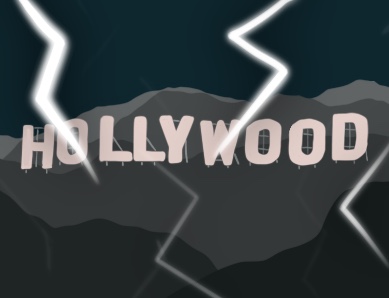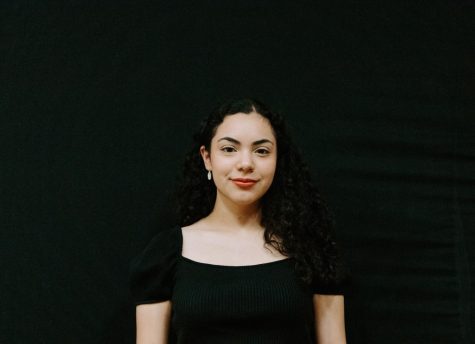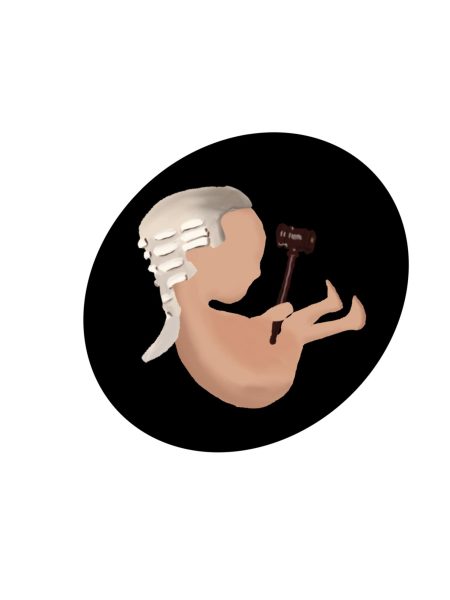Is it love or is it abuse?
November 1, 2022
Love is blind — all the abuse and trauma are covered by affection and intimacy. It is a simple term that allows people to ignore the warning signs of a love-struck relationship. Over the years, the entertainment industry has romanticized abusive relationships. A common motif in an abusive relationship is alluring the viewers to fall in love with the characters through tropes and cliches. When love is finally in the air, the media will insert small yet drastic changes in the character’s relationship, leading viewers to second-guess their thoughts on the situation. How is Hollywood still feeding creepy, abusive relationships to its viewers? Some may argue that it raises awareness of the situation, but where is the character’s recovery?
Not all viewers see the abuse in a fictional relationship right away. For some, it could take years after the series ends or until someone mentions the warnings in the relationship. Years after “Pretty Little Liars” ended, viewers began analyzing the abuse of power in the fictional relationship between the characters Aria and Ezra. Aria, a seventeen-year-old girl, met an older man, Erza, at a local bar, where they later hooked up. Little did they know, Erza would become Aria’s new high school teacher. The show romanticized the causal glances across the school halls and private meetups. The show’s fans viewed Aria and Ezra as Romeo and Juliet, where in reality, Erza would abuse his power as an adult and as a teacher to see Aria. After a couple of seasons in the show, it is revealed that Erza is a predator. He planned to get to know Aria and her friends to write a book about their friend’s disappearance. Aria’s distraught feelings over the situation were dismissed once the show was near its ending. Aria and Ezra ended up together even though their relationship began over something that would be legally considered statutory rape.
For the younger generation, the book and film series “After” heavily romanticize abuse, power and everything in between in Tessa and Hardin’s relationship. The constant manipulation and accusations of cheating in the relationship are considered a form of “love.” Once individuals experience the feeling of an abusive relationship, they feel like they are obligated to stay in the relationship since Hollywood is selling a perfect love story.
To the entertainment industry, everything is fiction. Hollywood inaccurately portrays abuse in relationships and rarely shows the aftermath of recovering from an abusive relationship. Frankly, it only shows the salvation of love. In reality, survivors have to regain the attraction, trust and value in a relationship. It could take time and effort to talk with counselors in order to heal. It’s a long process, but the entertainment industry does not show that. They just want to sell a “love” story.













